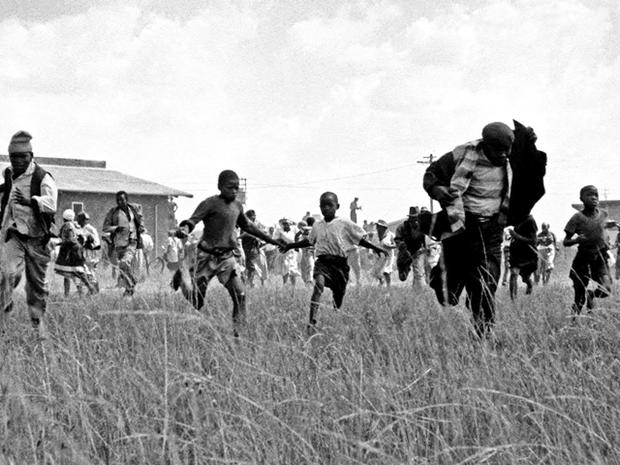As a first generation Kiwi, my parents grew up in South Africa with racial segregation, and it wasn’t something we ever talked about. It’s only now that we’re having these discussions; something that is crucial in a time of social change. While talking to my parents about their experiences, I couldn’t help but notice the parallel between South Africa’s past and America’s potential future.
The death of George Floyd, and the Sharpeville massacre in Johannesburg, were both catalysts for global action. The Sharpeville massacre occurred in 1960 when black school children were peacefully protesting for their rights to sit exams in their mother tongue, instead of English or Afrikaans. The police responded with violence, much like the police brutality in America. Images from the massacre led to the eventual global response to racism in South Africa. Leaders from ANC and PAC (Black political parties) escaped and rallied support from overseas (convincing investors to stop supporting South Africa, causing economic pain) while their protests became violent. The violence between Indian, Black, White (British and Afrikaners) and Cape Coloured people in South Africa is what the Apartheid became recognised for, particularly with Nelson Mandela leading the ANC party.

Children fleeing from the police during the Sharpeville massacre in Johannesburg, 1960.
The language surrounding conflict often shapes our perspective of the political and propaganda wars that occur alongside physical wars. In South Africa, the ANC party used the phrase “One person, one vote” as they fought against oppression. In contrast, “One settler, one bullet” was used by Black PAC against the white settlers in South Africa, who supported equal rights, and were anti-apartheid. Similarly, Donald Trump stated “You loot, we shoot” in response to the BLM protests in America, showing Trump’s ethnonationalist approach, as he refused to respect the value of black lives.
George Floyd’s death in America sparked a global movement, not dissimilar to the Sharpeville massacre. In both cases, peaceful protests became violent as military forces retaliated, and internal conflict within one country became a global fight for a common cause. Both events were catalysed by political and economic events, such as the Soweto uprising, or the Covid-19 pandemic. Considering America caused the most economic pressure on South Africa during the Apartheid, the parallels between past and present are disturbing. America blatantly stood against racism 34 years ago, yet they now seem to be facing a similar conflict, with an apparent disregard for the past.
With this lens, it is worrying to see the unrest in America, particularly the attitude of the government and military forces in response to peaceful protests, which closely follows the events during the Apartheid. While Nelson Mandela led a coalition government, paving the way for a more progressive government in the future, we are yet to see how the political and cultural contention in America will play out. It’s unclear which direction America is going, but it’s important, now more than ever, that we remember the past.




